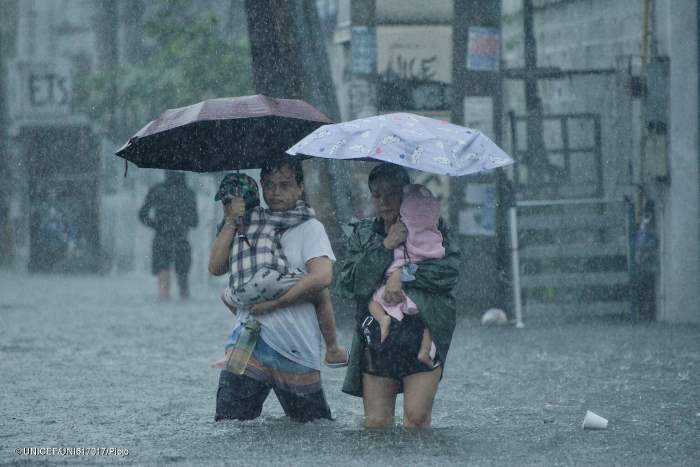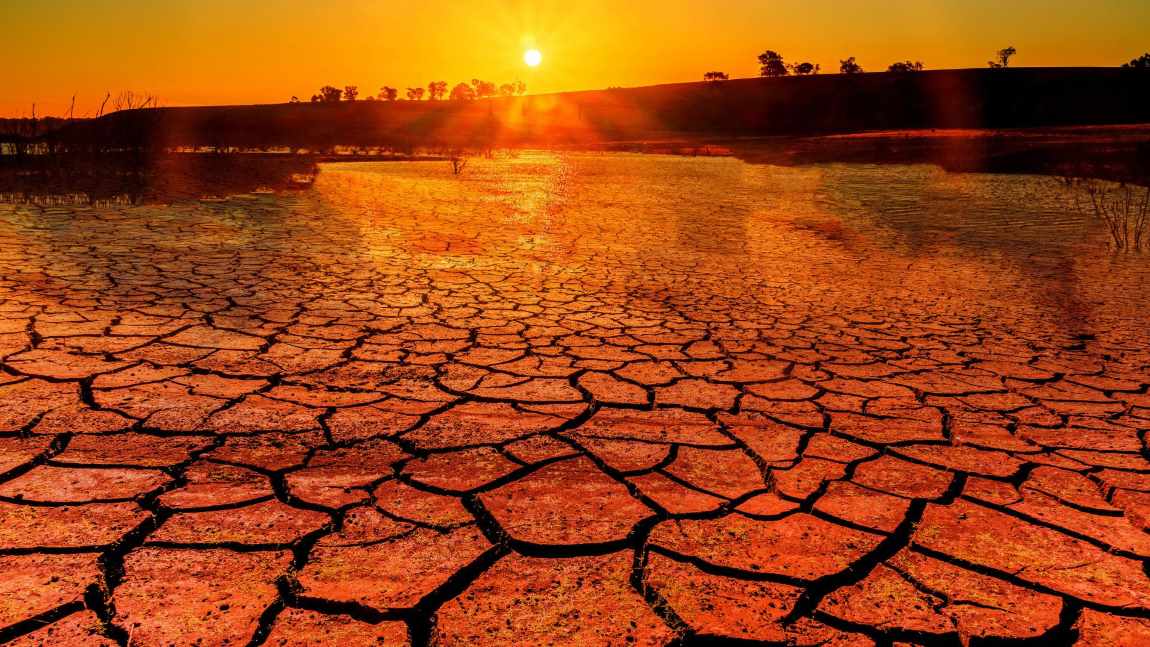As 2024 concludes, it will likely be remembered as the warmest year ever recorded, capping a decade of intense heat driven by human activity. The World Meteorological Organization (WMO) has confirmed that global temperatures are at an all-time high, fueled by rising greenhouse gas emissions that continue to trap heat in the atmosphere.
“The top ten hottest years on record have all occurred in the last ten years, including 2024,” said UN Secretary-General António Guterres in his New Year’s address. “This is climate breakdown — in real time. We must exit this road to ruin — and we have no time to lose.”
Celeste Saulo, Secretary-General of the WMO, emphasized the urgent need for action: “Every fraction of a degree of warming matters, and increases climate extremes, impacts and risks,” she stated.
A year of widespread extremes
Throughout 2024, extreme weather events brought devastating consequences to communities around the world. Multiple regions faced record-breaking heatwaves, with temperatures surpassing 50 °C in several countries. Torrential rainfall caused historic flooding, while tropical cyclones, including a severe storm in Mayotte, left destruction in their wake.

A report from World Weather Attribution and Climate Central confirmed the role of climate change in intensifying these disasters. Titled When Risks Become Reality: Extreme Weather in 2024, the study revealed that 26 of 29 analyzed weather events were amplified by global warming. These events claimed over 3,700 lives, displaced millions, and contributed 41 additional days of dangerous heat worldwide.
Strengthening adaptation and mitigation efforts
The WMO is working to address these escalating challenges through initiatives like Early Warnings for All, which aims to enhance preparedness and safeguard vulnerable populations. The organization is also advancing the Global Greenhouse Gas Watch initiative to improve monitoring systems and support effective emissions reduction policies.
To confront the growing threat of extreme heat, experts from 15 international organizations, 12 countries, convened at WMO headquarters in December to develop a coordinated response framework. This initiative responds directly to António Guterres’ Call to Action on extreme heat and focuses on protecting both public health and ecosystems.
In 2025, the spotlight will shift to the cryosphere — the frozen regions of the planet that play a critical role in regulating the Earth’s climate. As part of the International Year of Glaciers’ Preservation, UNESCO and the WMO will lead efforts to raise awareness and promote action to protect glaciers, sea ice, and permafrost from accelerating decline.

“WMO marks its 75th anniversary in 2025 and our message will be that if we want a safer planet, we must act now,” said Saulo. “It’s our responsibility. It’s a common responsibility, a global responsibility.”
With the impacts of climate change mounting globally, 2024 serves as a stark reminder that bold, unified action is essential to avert the worst consequences of this crisis.
Article Source:
Press Release/Material by World Meteorological Organization (WMO)
Featured image credit: WMO




